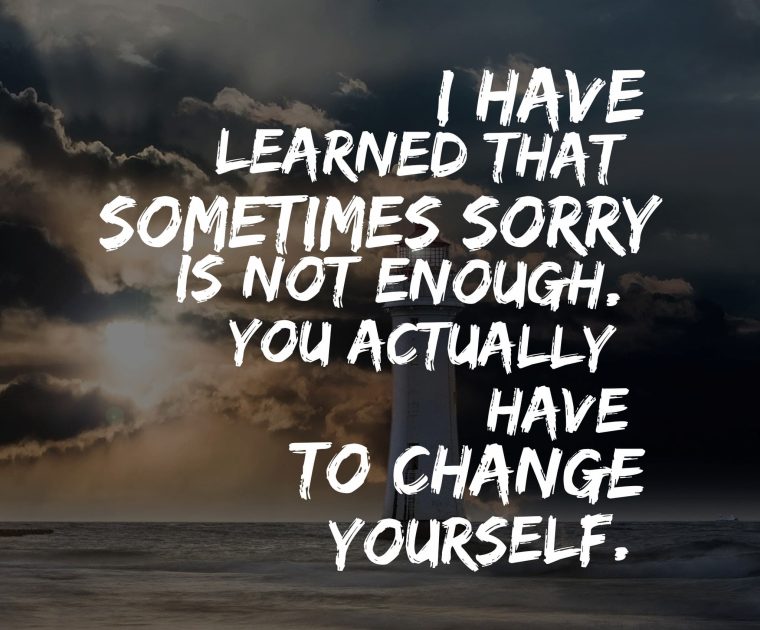Why Couples Split: Understanding the Common Reasons Behind Relationship Breakdowns

In the complex tango of relationships, some couples grow apart over time, experiencing a slow erosion of connection, intimacy, and affection. For others, the end comes with a sharp, defining moment—a realization that the relationship is no longer sustainable. The decision to part ways is never easy, but understanding why couples split can offer valuable insights into the dynamics of relationships and what it takes to maintain them.
- Lack of Communication
Effective communication is the cornerstone of any healthy relationship. Misunderstanding, resentment, and frustration can quickly build up when communication breaks down. Couples who stop talking about their feelings, needs, and concerns often drift apart. Over time, the inability to communicate effectively can create an emotional distance that becomes difficult to bridge.
- Loss of Intimacy
Intimacy goes beyond physical affection; it encompasses emotional closeness, trust, and vulnerability. When intimacy fades, couples may feel disconnected and unsupported. A loss of intimacy can stem from various factors, including stress, busy schedules, or unresolved conflicts. Without efforts to rekindle that connection, partners may begin to feel more like roommates than romantic partners.
- Different Life Goals
As individuals grow and evolve, their goals and priorities may change. Sometimes, couples no longer share the same vision for the future. Whether it’s differences in career ambitions, desires for children, or lifestyle preferences, incompatible life goals can significantly strain a relationship. When partners cannot reconcile these differences, the relationship may become unsustainable.
- Infidelity and Betrayal
Infidelity is one of the most common reasons couples split. When one partner betrays the trust of the other through cheating or emotional affairs, it can be devastating to the relationship. While some couples can work through infidelity with counseling and forgiveness, for many, the breach of trust is too great to overcome.
- Financial Stress
Money matters can be a significant source of conflict in relationships. Disagreements over spending habits, debt, or financial priorities can lead to tension and resentment. Financial stress can exacerbate existing issues and create new ones, making it difficult for couples to maintain a harmonious relationship.
- Lack of Commitment
A lack of commitment from one or both partners can signal the beginning of the end of a relationship. This may manifest as reluctance to make plans, an unwillingness to work through challenges, or a general disinterest in the relationship. When commitment wanes, the relationship is likely to deteriorate.
- Growing Apart
Sometimes, couples grow apart. This gradual process can happen when partners’ interests, values, or personalities evolve differently. What once brought them together may no longer resonate, and they may find less in common over time. Growing apart can be particularly challenging because it often occurs without a clear cause, making it harder to address or reverse.
- Unresolved Conflict
Every relationship encounters conflict, but how couples handle these disagreements can determine its longevity. Chronic, unresolved conflict can erode a relationship’s foundation, leading to bitterness and emotional exhaustion. When conflicts are repeatedly swept under the rug rather than addressed, they can accumulate and eventually become insurmountable.
- External Pressures
External factors, such as family expectations, cultural differences, or social pressures, can also contribute to the breakdown of a relationship. Couples may struggle to navigate these external influences, especially if they feel unsupported or judged by those around them. Over time, these pressures can create a divide between partners.
- Mental Health Issues
Mental health challenges, such as depression, anxiety, or addiction, can take a toll on relationships. If one partner is struggling with their mental health, it can strain the relationship, especially if they are not receiving adequate support or treatment. Couples may find it difficult to cope with the emotional and practical challenges that come with mental health issues, leading to a decision to part ways.
When to Decide to End a Relationship
Deciding whether to stay in a relationship or end it is a deeply personal and complex decision. Couples must assess whether they have built a connection that can withstand the challenges they face. Some questions to consider include:
- Are both partners willing to work on the relationship?
- Is there still mutual respect, love, and affection?
- Can the issues be resolved through communication, counseling, or compromise?
- Is staying in the relationship causing more harm than good?
If the answer to these questions is no, it may be time to consider ending the relationship. While the decision to split is never easy, it can sometimes be the healthiest choice for both partners.
Guidance
Relationships require effort, understanding, and a commitment to navigate life’s ups and downs together. However, not all relationships are meant to last. Some couples ultimately decide that parting ways is the best course of action, whether due to communication breakdowns, differing life goals, or other challenges. By understanding the common reasons couples split, individuals can gain insights into their relationships and make informed decisions about their futures.
Understanding why relationships end can be a powerful tool for preventing future breakups or recognizing when it’s time to move on. Whether you’re experiencing relationship challenges or reflecting on a past breakup, this article aims to shed light on the complex dynamics leading to couples splitting up.
Diamonds are forever; marriages are not. If you are considering a divorce or separation, consult with the compassionate and experienced team at the Law Firm of Figeroux & Associates. Call 855-768-8845 or visit www.askthelawyer.us to book a consultation. The lawyer you hire does make a difference!





Leave a Reply